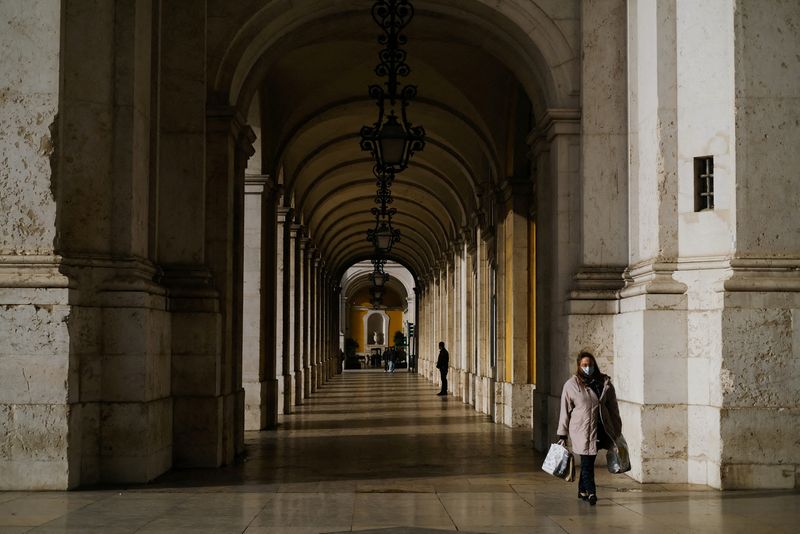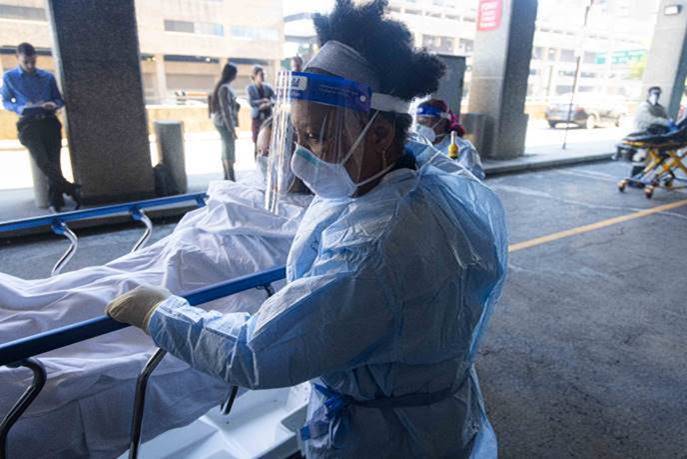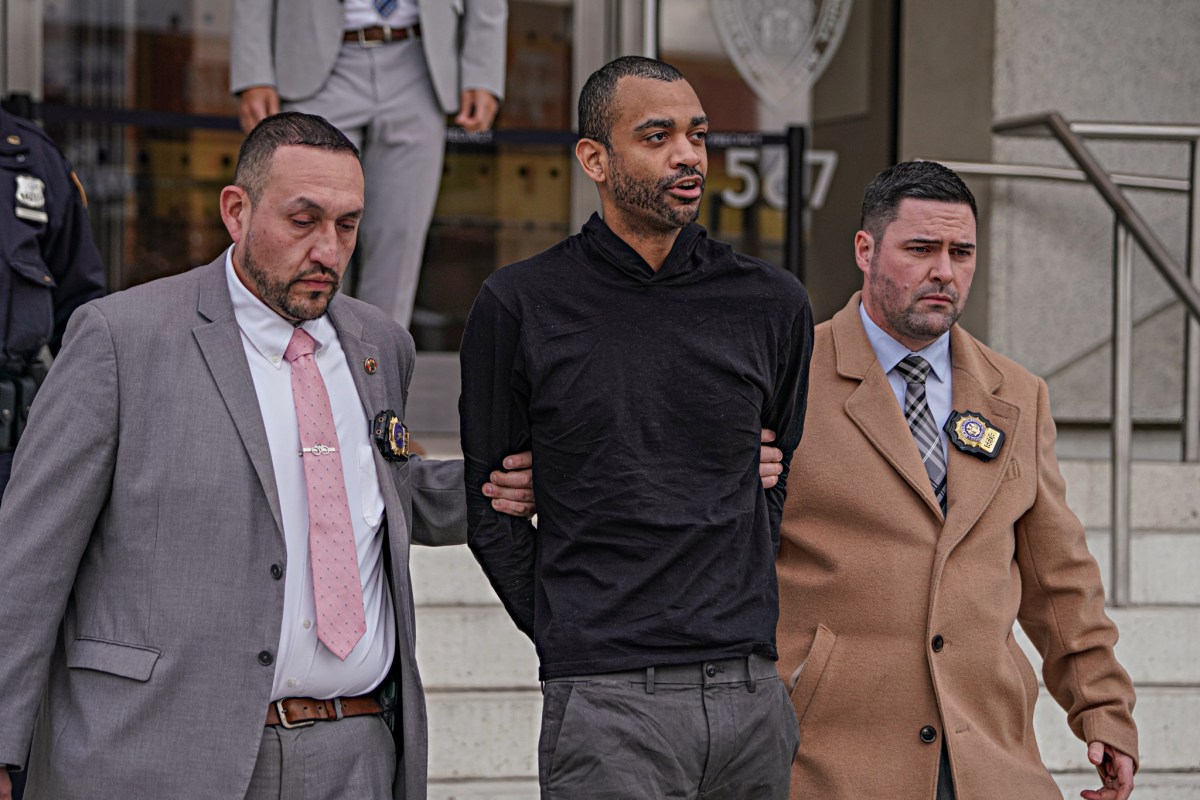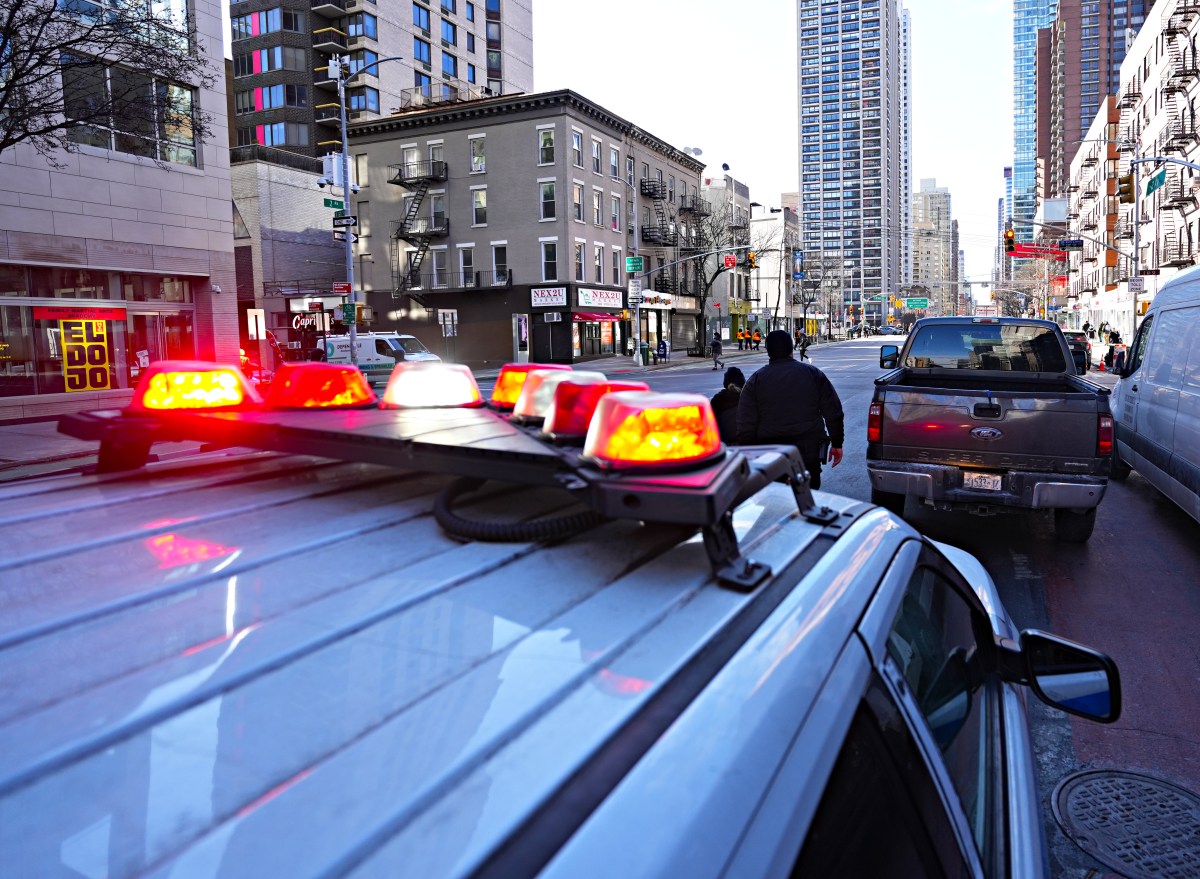By Catarina Demony and Sergio Goncalves
LISBON (Reuters) -Portugal will allow students to return to school from next week and nightclubs to reopen on Jan. 14 despite a record surge in COVID-19 cases, with hospital admissions still well below levels seen earlier in the pandemic, the government said on Thursday.
“It is evident that the Omicron variant is less severe … vaccination has been effective against it,” Prime Minister Antonio Costa told a news conference, referring to the fast-spreading variant that emerged in late 2021.
“That’s why we have a much lower number of hospitalisations, fewer people in ICU and deaths.”
The variant hit Portugal – one of the world’s most vaccinated nations, with 89% of its people fully inoculated – in November, leading to an increase in cases.
After hitting a daily record of nearly 40,000 infections on Wednesday, the number edged lower to 39,074 on Thursday, health authority DGS said.
It registered 25 fatalities, up from Wednesday’s 14, but only a fraction of the over 300 daily deaths in the previous peak of the pandemic in late January, when the vaccination campaign had just kicked off. Hospitals held 1,311 COVID-19 patients, compared with a peak of 6,869 on Feb. 1.
Portugal’s total death toll stands at 19,054 people.
From Monday, only coronavirus-infected people and those who live with them need to isolate, while those who have received a booster shot – about 3 million people – no longer need to do so.
Students can return to school on Monday but a work-from-home order, imposed around Christmas, will stay in place until Jan. 14, Costa said.
Nightclubs and bars can reopen on Jan. 14, but a negative test will be required to enter. A negative test will also continue to be requested from all air passengers travelling to Portugal.
The surge in cases comes three weeks before a snap general election on Jan. 30, and President Marcelo Rebelo de Sousa said on Wednesday isolation rules could be eased or suspended on election day.
(Reporting by Catarina Demony, Sergio Goncalves and Patrícia Rua; Editing by Andrei Khalip and Angus MacSwan)























